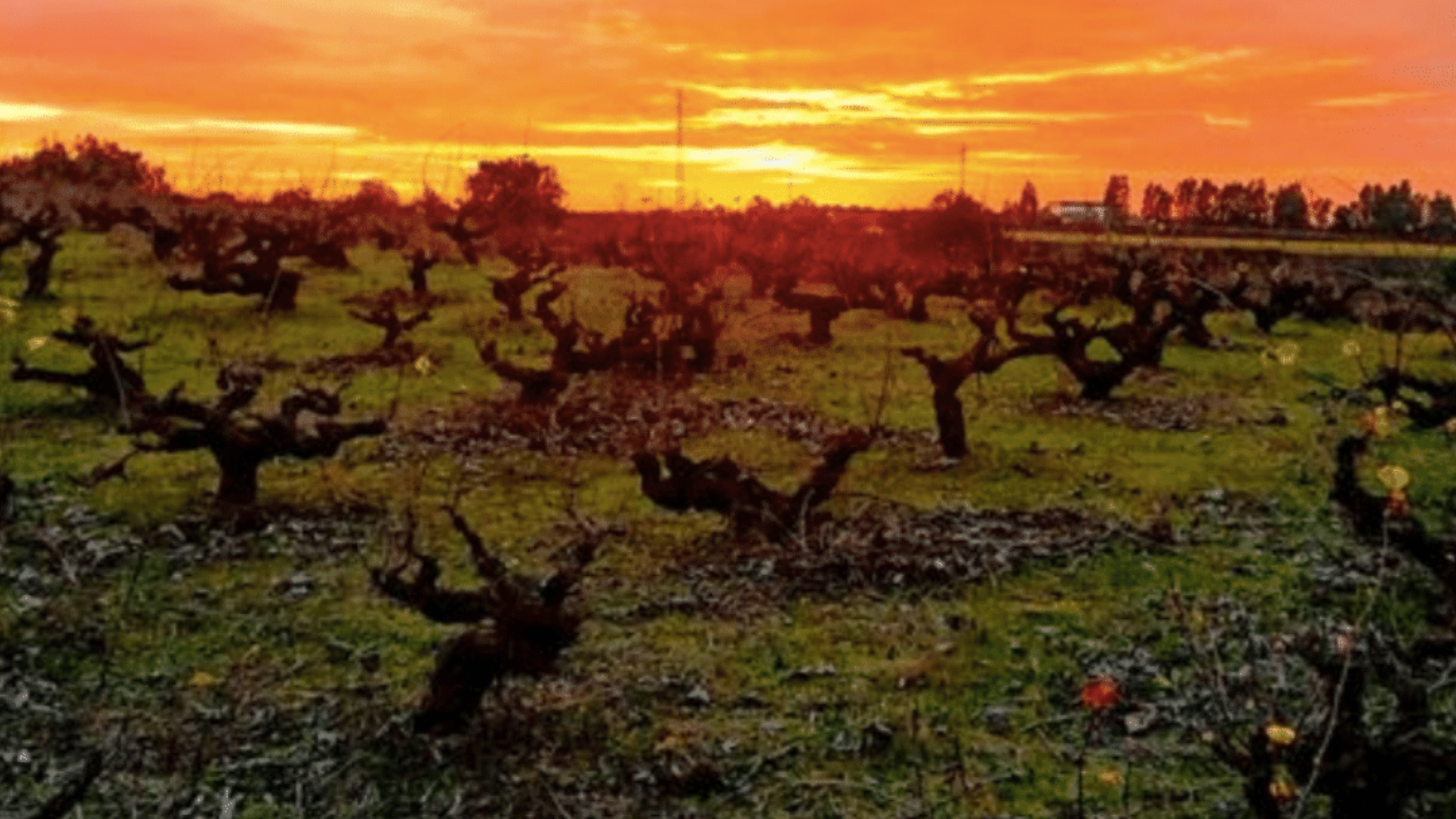Welcome to the April 3 Bottle Club from MYSA Natural Wine!
A note from our founder:
Happy April!
First of all, apologies for the club going out late this month! Our warehouse had part of their client portal go down and it messed with all of our orders. We really appreciate you being a part of our club and being patient with us!
Second, Hooray for fun spring wines this month and lots of Eastern/Central Europe! Starting with the cider from Keltis, this thing is dope and WILD! PLEASE CHILL STANDING UP FOR SEVERAL DAYS AND OPEN VERY SLOWLY. It can explode (see our video, we opened it immediately on delivery and paid for it lol). It's worth the wait! Plavina is the great chillable red and to cap it off, we have a rare Meinklang that will make you go WHOA!
Third, while we're talking about feedback, we heard you on wanting shorter videos SO, we have a new format we're starting to implement on some wines and I hope you enjoy! Again, if you have feedback my inbox is always open: holly@mysa.wine
-Holly, Founder - MYSA Natural Wine
Plavina - Pomalo
Dalmatia - Croatia
BUY MORE BOTTLES!
Description:

A chillable Dalmatian red with notes of dark fruits and spice, soft tannins and a grippy finish. Light and juicy Croatian wine perfect to sip while chilling at the beach.
Pairings: Pljeskavica Burger, Grilled Halloumi Salad, Beef Satay with Thai Peanut Sauce
Serving Instructions: 55°- 60°F
About Pomalo

The Begović cousins are two phenomenal winemakers from starkly different backgrounds - one based in the northeastern mountains of Slovenia, one based on the Dalmatian coast of Croatia — whom discovered their long-lost relation to each other over their mutual family lineage in the village of Kozice, Croatia. - Vinum USA
Tuchek Bizeljsko Cider Pét-Nat - Keltis
Bizeljsko - Slovenia
Video coming soon!
Description:

This cider is made from a blend of several Slovenian apple varietals fermented for 2 months. Very refreshing, bubbly, and dry!
Pairings: Chicken, Pork, Meaty Fish
Serving Instructions: 44°- 55°F
About Keltis

Keltis wines attest to the artisan’s approach in the vineyard and the cellar, they express their terroir, and contain minimum quantities of sulfites. A big share of our wines is unfiltered and that is why our wines carry inside them life and the potential for further development. Marl, which is the main rock of our terroir, provides our wine with minerality, especially felt in the macerated wines.As dictated by our philosophy, our work with wines is done at the time of the full moon, when the wine is at its peak and can fully express its potential. Since we only follow its development and do not monitor it artificially, the wine arrives on the market when it is ready and thus every vintage shows its character in its own moment. Vineyards of the Keltis wine cellar encompass 5 hectares of land and stretch over the south and south-western positions as well as northern slopes of the Bizeljsko area. Western winds blowing from neighboring Orlica take care of the ventilation and are our natural ally in the fight against diseases. Soil composition includes marl, sandstone with quartz binder, clay, Lithuanian limestone, and limestone with the application of chert. Vine varieties: autochthonous rumeni plavec (used in sparkling wines because it gives the wine freshness and character), cabernet sauvignon, chardonnay, merlot, Pinot noir, ottonel muscat, Riesling, yellow muscat, pinot gris, and traminer. - Zev Rovine
J15 - Meinklang
Homlo - Hungary
Description:

Bright and expressive! This unique white grape, Juhfark, is native to Hungary. 4 days spent on the skins with no additives and no sulfur. The wine was aged for 24 months in large Hungarian barrels followed by 12 more months in bottle. Very aromatic with white floral, and green apple notes
Pairings: Tapas, Tofu, Hungarian Cuisine
Serving Temperature: 43°- 50°F
About Meinklang

Meinklang is a lively farm compromising the three typical fields of a Pannonian farmstead in East Austria south of capital town Vienna: wine-growing, fruits and agriculture. Each family-member is specialized in an aspect of farming. Unique is the estate owns Angus & Aubrac cattle herd. It`s the farms source for our own nutritious, organic fertilizer for lively soils in the vineyards and creates the closed circle in the biodynamic Demeter farming. Outstanding issues are the totally unpruned vines, called «graupert» and the extended maturation in concrete egg-shaped containers. As well as the family initiated the first holistic Demeter brewery where we refine the ancient grain beer out of the old varieties called Einkorn and Emmer wheat. - From Zev Rovine
Wine Evaluation Sheet
Want to have some fun evaluating and taking note on your wine? Check out our natural wine tasting sheets we made special for the club!


